TechPlus+ | Technology & Development Redux
-
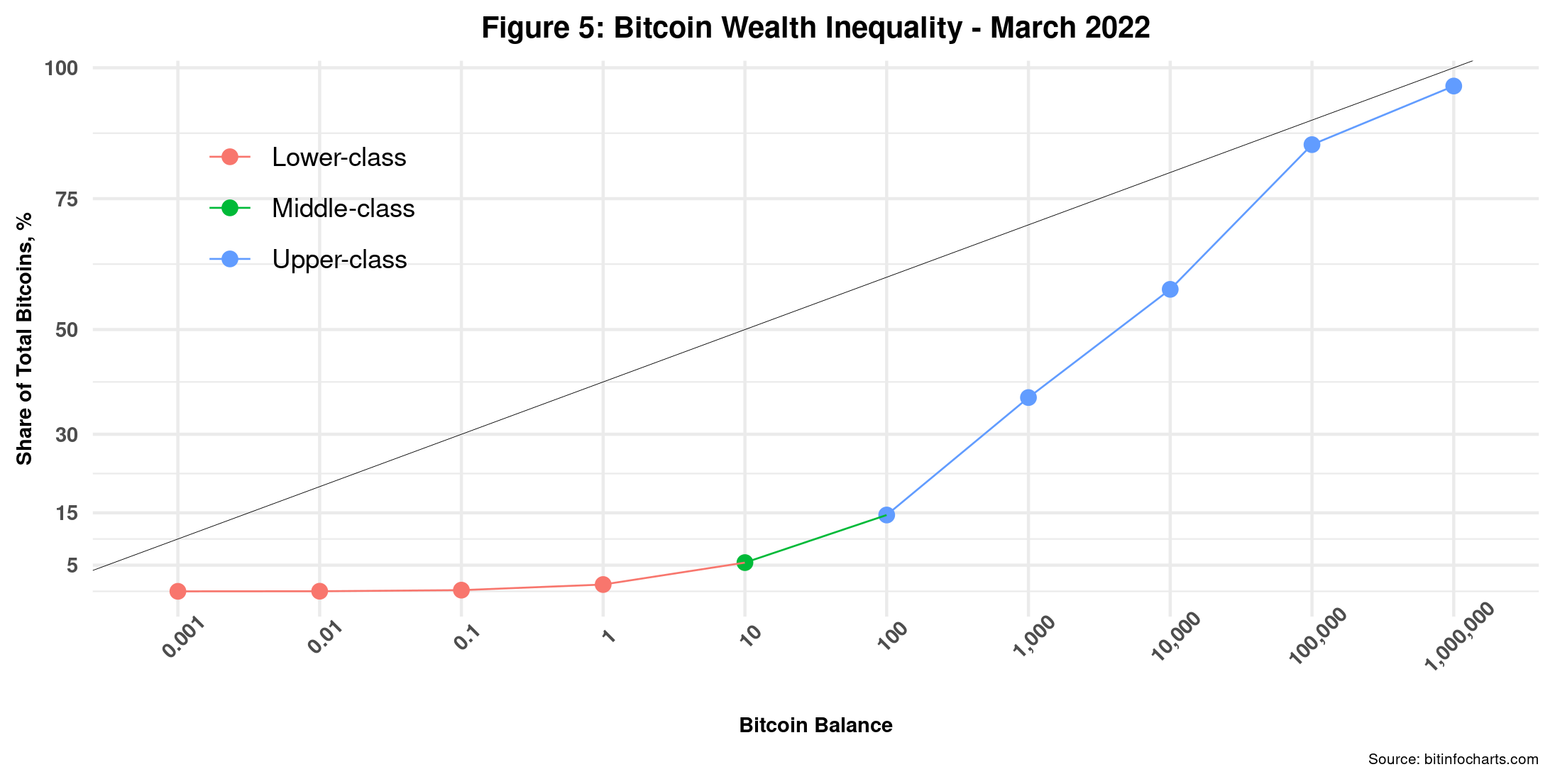
More Bitcoin Inequality
Read more: More Bitcoin InequalityWhile still prone to seemingly unpredictable dynamics, Bitcoin’s price seems to have found a new center of gravity in the last year. Since February 2021, the Cryptocurrency has oscillated around 4ok per unit, give or take. It peaked at 67.5k last November and then went down to 35k just a couple of months ago. At…
-

State Capacity and Digital Technologies – I
Read more: State Capacity and Digital Technologies – ITo the Moon and Back It was my elder sister’s 25th birthday when Apollo 11 landed on the moon. We watched the unprecedented event on B&W TV – our grandma openly expressing total skepticism. We then went out for a family celebration. Funny, I still vividly remember the restaurant where we dined, which, needless to…
-

Hacking Public Policy Making with AI
Read more: Hacking Public Policy Making with AIModern Evidence-based Policy Making (EBPC) has been around for 25 years, imported into the mainstream from the health sector and its success with randomized controlled trials. The latter has now spread to many other sectors and research areas. A few years back, a couple of economists won the so-called Nobel prize for wholeheartedly embracing such…
-

Blockchain Adoption in the Public Sector – II
Read more: Blockchain Adoption in the Public Sector – IIRegulatory frameworks are usually perceived as counter-productive and even nefarious by innovators, pundits and followers. Together they will go out of their way to stop them, arguing that their impact on innovation is lethal, as discussed in a previous post. One could say that such a view finds more ground on ideology than on actual…
-

Blockchain Adoption in the Public Sector – I
Read more: Blockchain Adoption in the Public Sector – IOver ten years after its creation, the hype on Blockchain Technology (BCT) continues to dominate the scene compared to actual implementation. However, that does not necessarily imply it has remained immune to change. At the very onset, Cryptocurrencies, led by Bitcoin, were the main attention magnets. Not surprisingly as, after all, the goal of its…
-

Best Films – 2021
Read more: Best Films – 2021The pandemic has been a blessing in disguise, to a point. Many films continued to be available online at the start of the year, but as vaccines increased and panic subsided, theaters started to reopen, albeit not at lightning speed. So while I certainly did not rush back to the big screens, films began to…
-
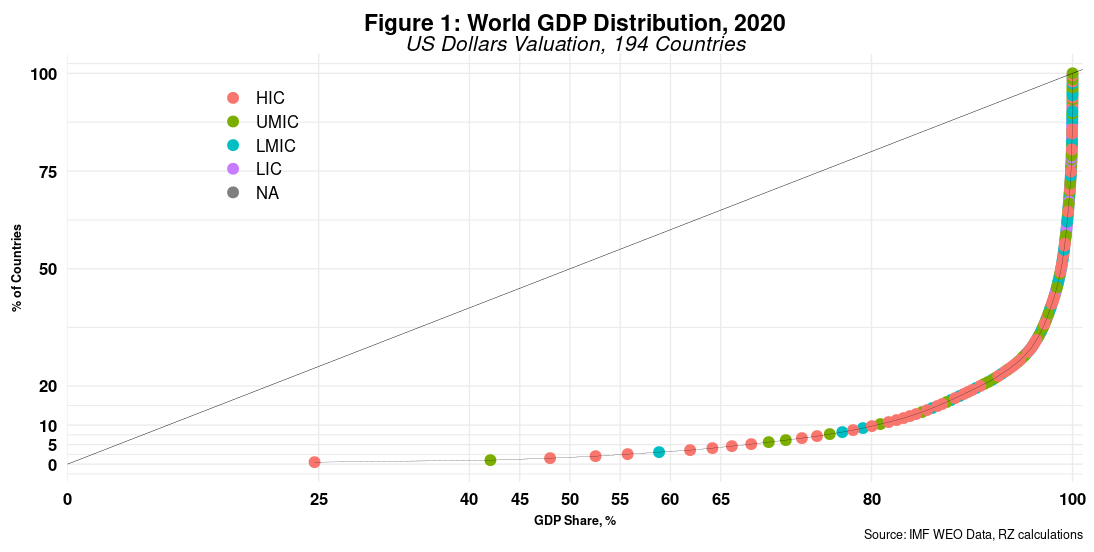
Global Wealth Distribution
Read more: Global Wealth DistributionGDP (Gross Domestic Product), the statistic most frequently used to measure wealth creation in terms of goods and services, has been the subject of critical review for the last 25 years. Green National Accounting (GNA) and the ensuing Green National Product (GNP) have been suggested as an alternative that captures the impact of capitalist development…
-

A Fuzzy Das Kapital Word Cloud
Read more: A Fuzzy Das Kapital Word CloudA few months ago, the top U.S. General was summoned by a Congressional Committee to explain why “Critical Race Theory” was being taught in the military. The General’s response built on the idea that the better one knows the enemy, the higher the chances of winning. Fighting unknowns is just like shooting in the dark,…
-

Digital Government and Social Leaders
Read more: Digital Government and Social LeadersAs part of an online course on Digital Government for Social Leaders, I was asked to develop a script for a five-minute animation where an Avatar will introduce the topic and entice the leaders to embrace it as part of their political agendas. The animation introduces the short course and is complemented by a more…
-
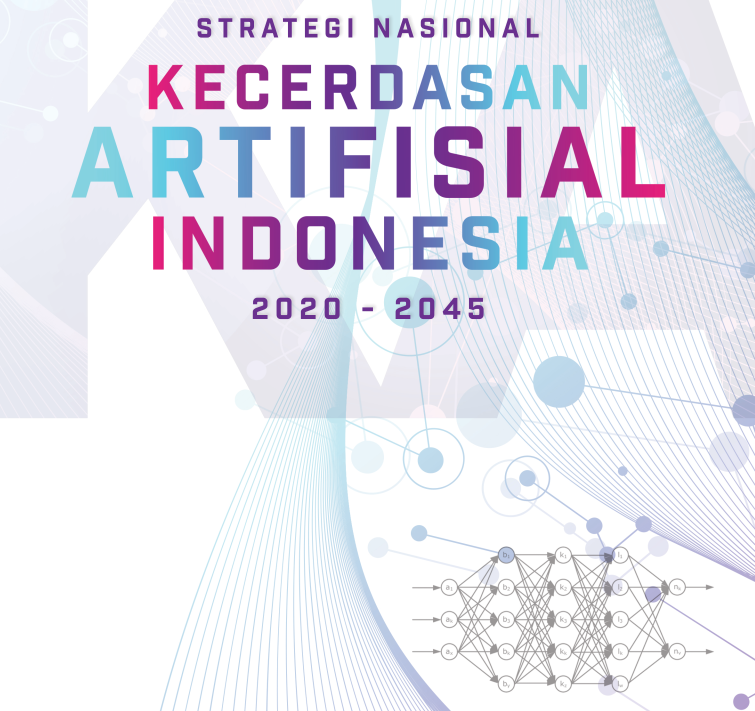
AI National Policies – III
Read more: AI National Policies – IIIPolicy Evolution Comparatively speaking, AI national policies and strategies have evolved much slower than other digital strategies such as ICT, Digital Government, and Open Data. That might seem paradoxical given the systemic benefits and risks of the revived and now resurgent technology, undoubtedly more significant than any previous innovations. Nevertheless, in the early days, skepticism…
-
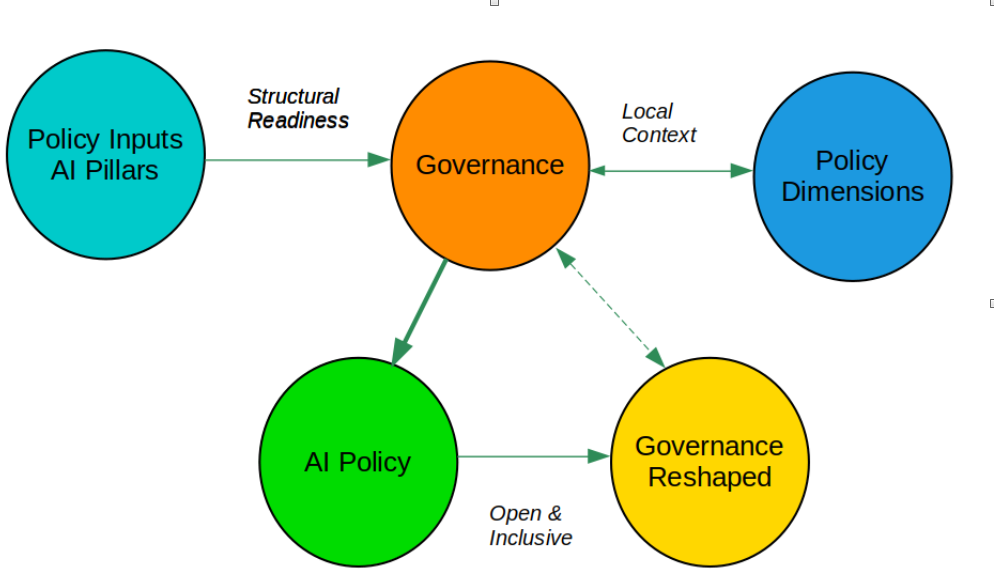
AI National Policies – II
Read more: AI National Policies – IIAs mentioned in the previous post, policymakers should skip over the dominant technology-centered AI perspective and instead position AI as a multi-dimensional structure cutting across all sectors. Indeed, national AI policy effectiveness depends, to a large extent, on the AI vision that policymakers adopt. Unfortunately, AI appears almost irrelevant for many policymakers in low-income countries,…
-

AI National Policies – I
Read more: AI National Policies – INational policy development on new digital technologies has become a staple since the emergence of the Internet in the early 1990s. It has certainly not been limited to the most advanced countries. Nations in the Global South have also climbed the same steep and now long policy slopes, albeit rarely being leaders in emerging areas.…
-
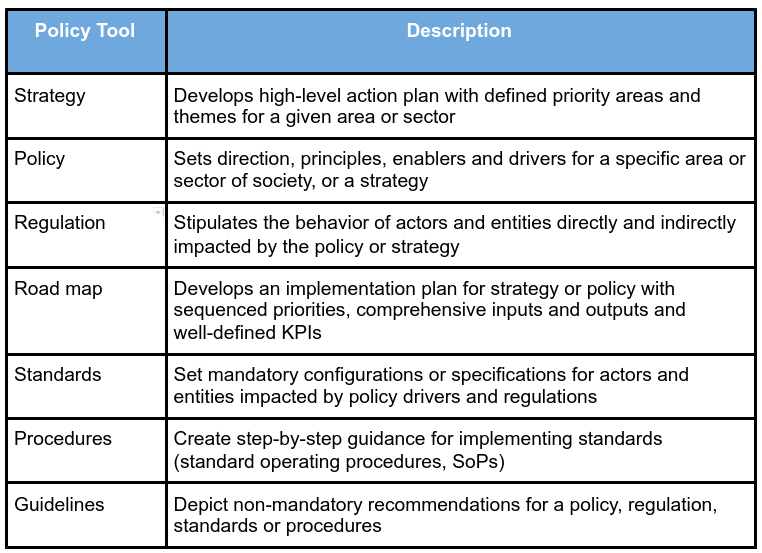
Digital Public Policy Development – II
Read more: Digital Public Policy Development – IIThe various policy instruments mentioned in the previous post play a critical role in the policy development process. However, providing a succinct description of each is first required. That will ensure policymakers and stakeholders are on the same page when they jointly tackle the various phases of the policy cycle. Bear in mind that I…
-
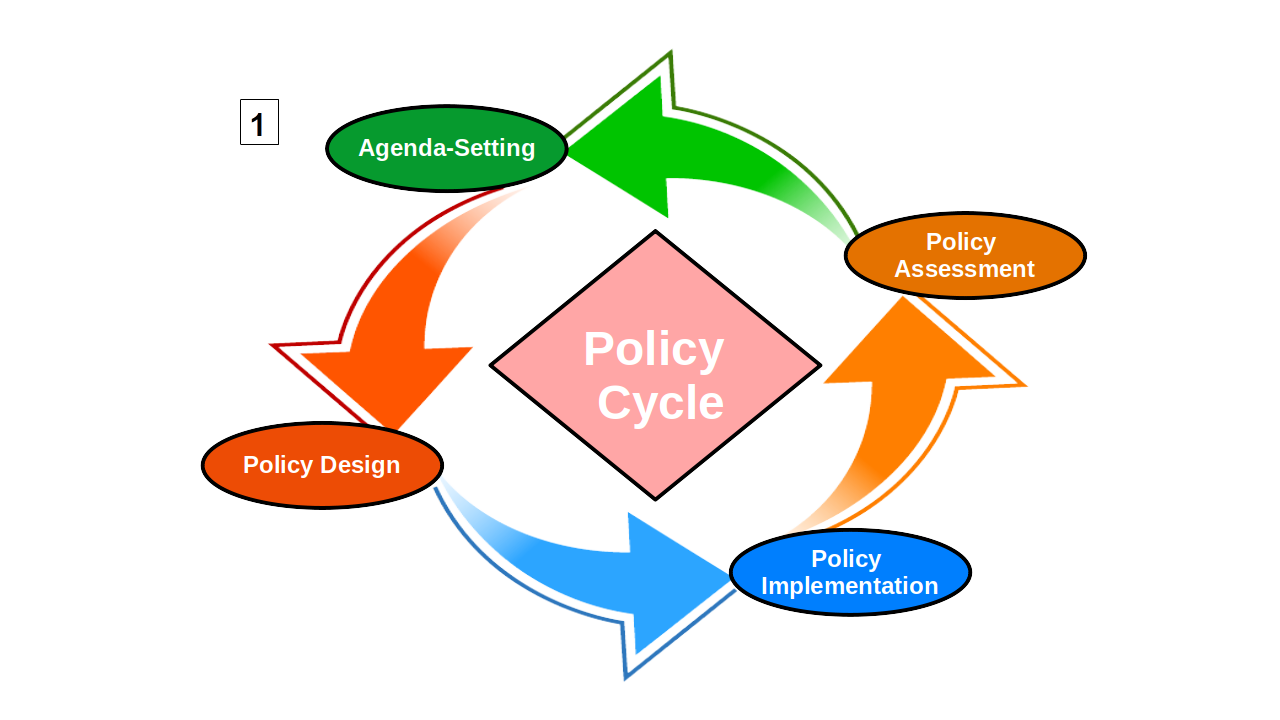
Digital Public Policy Development – I
Read more: Digital Public Policy Development – IUnexpectedly, the ongoing pandemic has enshrined national states as the indisputable leader in pushing back the deadly SARS-CoV-2 pathogen. It now seems evident that no other sector in society is better positioned to effectively confront the virus that needs no passport to freely travel around the globe. Indeed, state action has thus been swift most…
